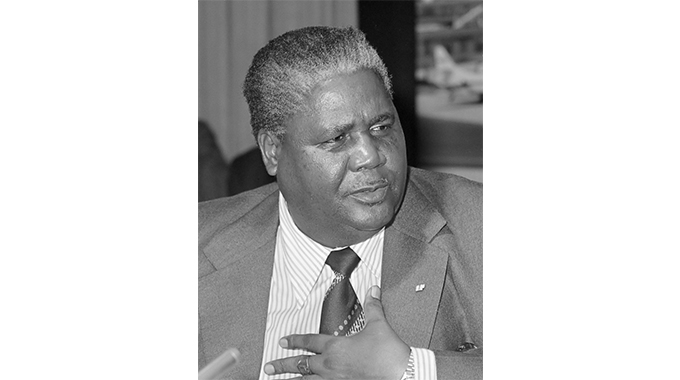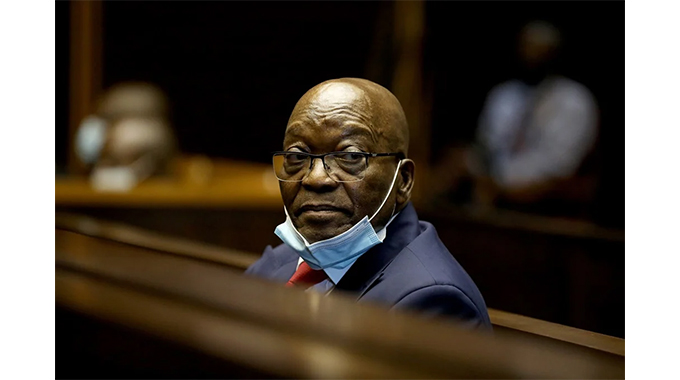COMMENT: Covid-19 is real and it has gone rural too

WHEN Covid-19 broke out March last year, most Zimbabweans did not consider it as a threat to them.
It was a disease for the rich and those who travelled the world, they thought. The first cases supported that idea. The first one to be recorded locally was of a male resident of Victoria Falls who had travelled to Britain on March 7 last year, returning a week later. The first fatality was of a man who, a few days earlier, had flown to the US and back home. Both are believed to have contracted the infection abroad.
Basically all the other cases recorded in the country at that time were those of returnees, those who were returning mainly from South Africa. As a result, most of us were actually afraid of the returnees. We wanted them to spend the prescribed two weeks in that remote quarantine facility before they could be permitted to visit our homes.
As months passed, we could not believe it when community transmissions started overtaking those of returnees.
Originally also, Covid-19 was largely an urban disease, perhaps given the high mobility and population concentration in those areas.
The past few weeks have, however, told us that although rural areas escaped the first two waves of Covid-19 transmission between March last year and January this year, the third wave, ravaging the country since the onset of winter, appears to have taken a more national character.
That Mashonaland West, a predominantly rural province and Chiredzi District, also predominantly rural, were among the first areas to be placed under lockdown early last month in response to a spike in Covid-19 infections, is more than enough evidence that the coronavirus respects no geography.
Infections and deaths are rising in the countryside said Silobela MP, Cde Mthokozisi Manoki-Mpofu. He told our sister paper, Sunday News yesterday that at least 10 people had died of the disease in his constituency.
“It is very sad that today (Thursday) I received a call from one of the school heads informing me of Mr (Douglas) Dongo’s death due to Covid-19,” he said.
“Villagers are difficult to deal with sometimes. Some of them do not want to believe that Covid-19 is real and it is here to stay. Right now if you go to the shops you will find them overcrowded with some not wearing masks properly.”
Former Bulilima MP, Mr Norman Mpofu also told Sunday News:
“At the moment in most rural areas, it is perceived as an urban disease. Those in rural areas have a false sense that they are safe.”
A Zimbabwe Vulnerability Assessment Committee report issued recently also caught our attention. It said only 21 percent of households in rural areas have access to hand sanitisers. Matabeleland North has the least number of households with sanitisers compared to other provinces.
We know how important handwashing with soapy water and sanitiser is in preventing the spread of Covid-19 yet some people have never used a sanitiser.
The Government, local leaders, development partners, the media and other stakeholders have a big task to spread awareness, also targeting rural areas, on the growing danger of Covid-19. Yes, messages are being played very regularly on television and radio stations, including those whose target listenership is rural. Yes, legislators and traditional leaders were recently tasked with spreading Covid-19 prevention messages to our people in rural areas.
However, the perception of risk among some rural citizens tends to be low. This, backed by the dangerous notion that Covid-19 is an urban problem, must get authorities and every stakeholder to double their efforts to spread the message that Covid-19 has to be fought by everyone.
We urge our people in rural areas to acknowledge that Covid-19 is not a problem for the rich globetrotter, neither is it a problem for urbanites only. It has developed to being everyone’s problem — rich, poor, urban and rural.
Therefore, they must wear the face mask every time they are out in public. They must wash their hands with soapy water or hand sanitiser.
They must stay at their home all the time. If they have to venture out, they must maintain the physical distance from the next person. They must keep the numbers at 30 people at all funerals, recently designated as super-spreader events.










Comments